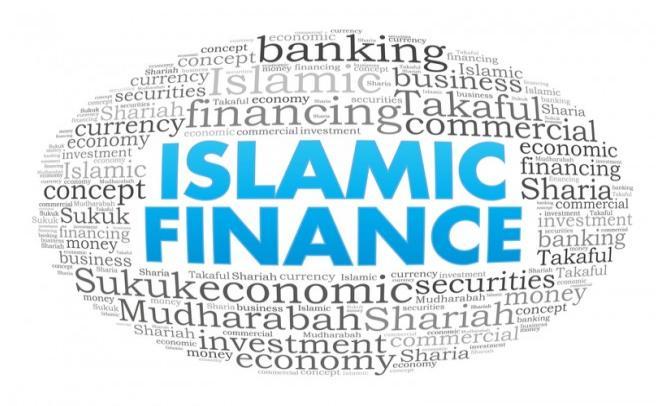ISLAMABAD: The SECP has notified for public consultation three Shariah Standards of Accounting and Auditing Organisation for Islamic Financial Institutions (AAOIFI); Shariah Standard No 17 – Investment Sukuk, Shariah Standard No 18- Possession (Qabd) and Shariah Standard No 23 – Agency and the Act of an un-commissioned agent (Fodooli).
The SECP has been playing an active role in the Islamisation of the economy. The SECP has endeavoured to replicate the best international practices in the Islamic financial services. In order to ensure harmonisation and standardisation in the business practices of Islamic financial institutions, the SECP has been gradually adopting accounting and Shariah Standards issued by AAOIFI as a benchmark for Islamic financial services while keeping in view the local business context.
Earlier, the SECP had notified three Islamic Financial Accounting Standards for adoption: IFAS 1-Morabahah, IFAS 2- Ijarah, and IFAS 3- Profit and Loss Sharing on Deposits in 2005, 2007 and 2013, respectively. While it also notified the four Shariah Standards of AAOIFI; Shariah Standard No 3 – Default in Payment by a Debtor, Shariah Standard No 8 – Murabahah to the Purchase Order, Shariah Standard No 9 – Ijarah and Ijarah Muntahia Bittamleek, and Shariah Standard No 13 – Mudarabah in January 2016.
Keeping in view the significance of the standards in the Islamic financial services market of Pakistan, Shariah Advisory Board of SECP in its 9th meeting held on November 20, 2017, had approved for adoption of aforementioned three Shariah Standards. Consequently, the Islamic Finance Department (IFD) presented the Shariah Standards to the Commission for its approval. The Commission has approved them for public consultation. The members of the public are invited to provide their comments.
























